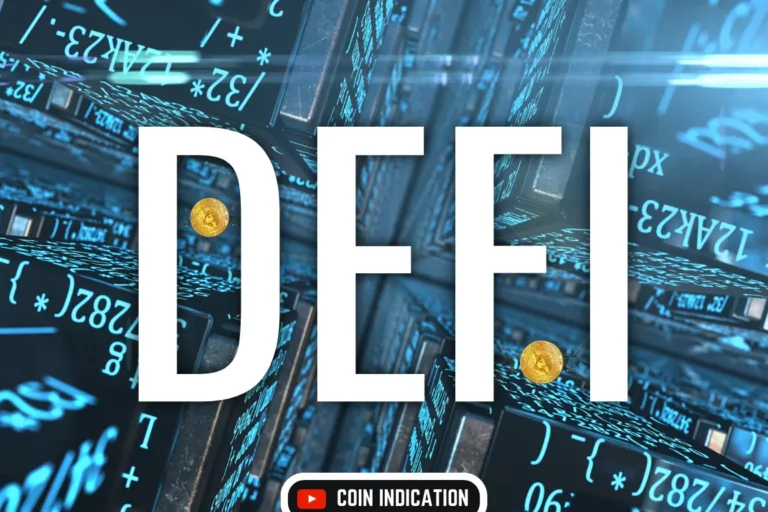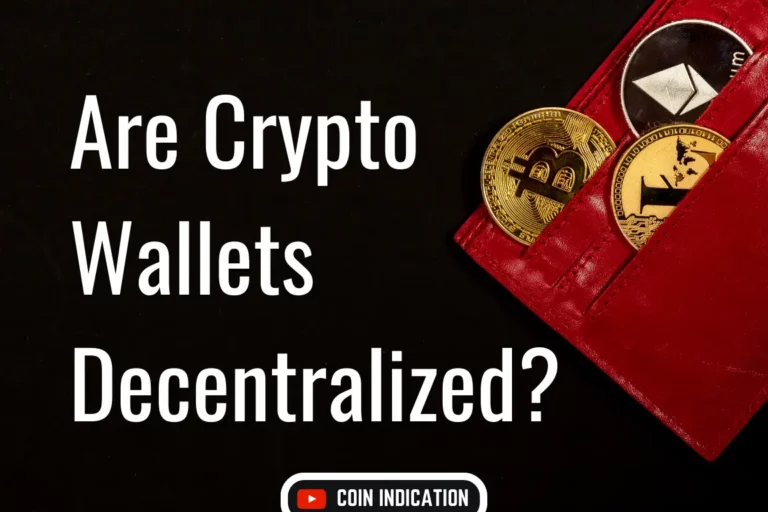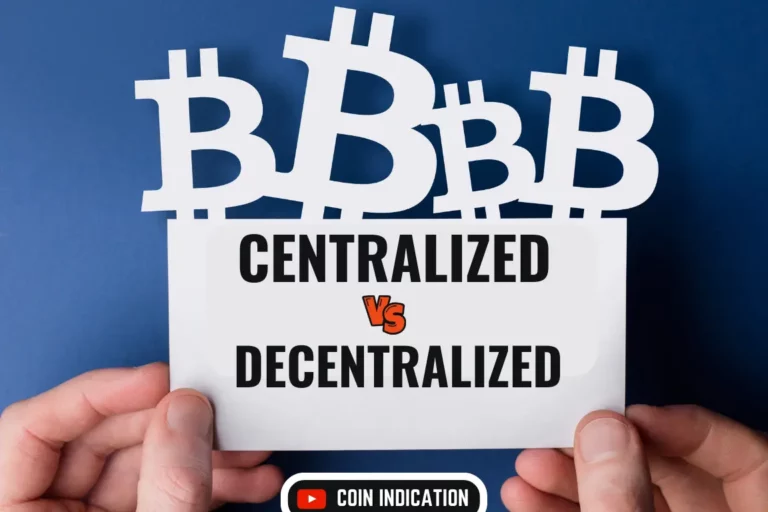Crypto mining is a foundational aspect of the blockchain technology that underpins the entire crypto market. In simple terms, it involves the process of validating transactions and adding them to the public ledger known as the blockchain. Miners use powerful computers to solve complex mathematical problems to achieve this, which, in turn, helps secure the network and ensures its integrity.
The concept of mining dates back to the inception of Bitcoin, the pioneer of cryptocurrencies, in 2009. However, the process and the scale of mining have significantly evolved over the years.
The Evolution of Crypto Mining
In the early days of Bitcoin, mining could be done using basic personal computers. Individuals could easily mine new coins using their CPUs (Central Processing Units). However, as Bitcoin gained popularity and its value surged, more people became interested in mining, which led to the need for more powerful hardware.
The introduction of ASIC (Application-Specific Integrated Circuit) mining marked a turning point. ASICs are specialized mining machines designed to perform mining tasks efficiently. Their introduction made CPU and GPU mining less profitable due to the significant increase in computational power.
Challenges Faced by Crypto Mining
Despite its evolution, crypto mining faces several challenges in the present day. One is the increasing complexity of the algorithms involved in mining. The competition among miners to solve these algorithms and validate transactions has driven up the computational power required.
Moreover, energy consumption in mining has become a significant concern. The massive computational power needed to mine effectively leads to high energy consumption, contributing to environmental issues and escalating operational costs for miners. and that’s led a lot of companies and people to quit their assets like bitcoin just because of this problem, like what did Tesla in 2022 when they sold their bitcoin after they had a huge attack from Environmental associations.
Is Crypto Mining Dead?
Factors Suggesting Crypto Mining’s Decline
With the challenges mentioned, some argue that crypto mining is facing a decline. The rise in mining difficulty, coupled with the increasing cost of energy, has made it harder for individual miners to turn a substantial profit. Small-scale miners, who once played a significant role in the network’s decentralization, are finding it more challenging to compete.
Another factor contributing to this perception is the emergence of alternative consensus mechanisms, such as Proof of Stake (PoS), which is less energy-intensive and doesn’t require specialized mining hardware.
Factors Supporting Crypto Mining’s Viability
However, pronouncing the death of crypto mining might be premature. Despite the challenges, the industry has witnessed substantial investments from institutional players. Large-scale mining operations, often backed by substantial financial resources, can still yield profits.
So, advancements in mining hardware technology continue to enhance efficiency, potentially offsetting the rising costs associated with mining. Many miners are also exploring renewable energy solutions to make their operations more sustainable and cost-effective.
The Future of Crypto Mining
The future of crypto mining is undoubtedly at a crossroads. The industry is being pushed towards finding more sustainable and efficient practices. There’s a growing consensus that the environmental impact of mining needs to be addressed urgently. The crypto community is actively researching and experimenting with alternative consensus algorithms that are energy-efficient and environmentally friendly.
One potential direction is the transition towards a PoS consensus mechanism, which consumes significantly less energy compared to PoW. PoS relies on validators who hold and lock up coins to create and validate new blocks. This not only reduces energy consumption but also decentralizes power among holders of the crypto.
Alternatives to Traditional Crypto Mining
For individuals who may find traditional mining less appealing or profitable, there are alternative ways to engage with crypto and potentially earn rewards. Staking is a popular alternative, especially in PoS-based cryptocurrencies. By holding and locking a certain amount of coins, participants can validate transactions and earn additional coins as a reward.
Lending is another alternative, where individuals can lend their crypto assets through specific platforms and earn interest on their holdings. Participating in decentralized finance (DeFi) projects also provide opportunities for yield farming and liquidity provisioning, often yielding higher returns compared to traditional mining.
Sustainable Mining Practices
Acknowledging the environmental concerns associated with crypto mining, the industry is actively seeking sustainable practices. A growing number of mining operations are transitioning towards renewable energy sources, such as solar and wind power, to power their mining rigs. Additionally, several blockchain projects are being developed with a focus on eco-friendly consensus mechanisms.
Efforts to recycle and repurpose outdated mining hardware are also gaining traction. This not only reduces electronic waste but also optimizes the use of resources in the industry.
Crypto Mining Regulations
Regulations surrounding cryptocurrency mining vary from region to region. While some countries support mining activities due to the economic benefits they can bring, others impose stringent regulations or outright bans. Compliance with local laws and regulations is crucial for miners to operate legally and sustainably.
Miners need to be aware of tax implications, licensing requirements, and environmental regulations that may affect their mining operations. Compliance not only ensures legality but also contributes to the overall acceptance and growth of the crypto industry.
Investment Opportunities in Mining
Despite the challenges, crypto mining still offers investment opportunities for those willing to navigate the landscape strategically. Investing in mining hardware companies, renewable energy infrastructure, or even mining pools can be lucrative options.
Can You Still Make $1000 a Month Mining Crypto?
As the landscape of crypto mining changes, one question arises: Can you still make $1000 a month mining crypto? The answer is contingent on various factors such as the crypto being mined, the cost of energy, the mining hardware’s efficiency, and the current market conditions.
Achieving a consistent $1000 a month solely from mining, especially for individual miners, has become more challenging. The rise in mining difficulty and energy costs have impacted profitability. Larger-scale mining operations with substantial investments and access to cheaper energy sources are more likely to achieve this target.
It’s crucial to consider factors like the price volatility of crypto, the operational costs involved, and the potential return on investment when venturing into crypto mining.
Additionally, staying updated with the latest trends and technologies in the industry is key to maximizing mining profits.
Conclusion
While challenges persist, it is premature to declare crypto mining as ‘dead.’ The industry is evolving, exploring sustainable practices, and adapting to new technologies. As the crypto space continues to mature, mining is likely to find its place in a more sustainable and eco-friendly manner.
Read also: How To Store Crypto Safely
FAQs
What are the environmental concerns related to crypto mining?
Crypto mining consumes significant amounts of energy, primarily due to the Proof of Work (PoW) consensus mechanism. This has raised concerns about its environmental impact, particularly regarding carbon emissions. Efforts are being made to shift towards greener alternatives.
How can one get started with crypto mining?
Getting started with crypto mining involves acquiring suitable mining hardware, selecting a cryptocurrency to mine, choosing a mining pool, and setting up the necessary software. It’s essential to understand the technical aspects and costs involved before beginning.
Are there any risks associated with crypto mining investments?
Yes, investing in crypto mining involves risks such as market volatility, regulatory changes, technological advancements, and operational challenges. It’s crucial to assess these risks and carefully consider your investment decisions.







